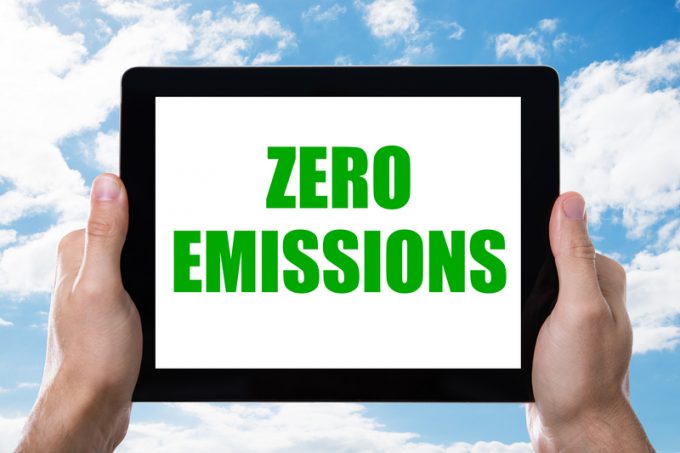New US parcel surcharges may hasten predicted end of free shipping
Not for the first time the parcel market appears like a battleground to expand or ...

The transport sector will be forced to significantly cut emissions following the election of future European Commission president Ursula von der Leyen.
She has made a Green Deal the platform of her presidency.
But while there will be inevitable cost hikes and significant change, there are also opportunities – or commercial imperatives.
Transport accounts for 25% of Europe’s greenhouse gas emissions, and it needs to reduce those by 90% by 2050.
“It’s not about incremental change any more, it’s about fundamental change,” said Annika Kroon, deputy head of Unite, maritime transport and logistics for the EU Commission.
At the 3PL and Supply Chain Summit in Brussels this morning, she said: “But the transition must be as [fair] as possible. Some operators will suffer and some will gain.”
She said the EU was promoting “user pays and polluter pays principles” and the commission will introduce an energy tax, renew its Emissions Trading Scheme and reduce aviation exemptions.
But one of the main pillars of change is digitalisation, and the reduction of inefficiency in the system.
The Green Deal will see paperless freight transport across modes, countries and supply chains, with a harmonised EU framework. It includes a “maritime single window” to reduce bureaucracy and paperwork, while digitisation will boost automation, optimisation of assets and new logistics concepts.
But Ms Kroon urged business to talk to the EC.
“We have to listen very carefully to the sector, and not over-regulate,” she said. “The next five years will drive the way it goes, and we are open to listening to you.”
Peter Harris, director of sustainability for UPS Europe, said there would be opportunities for companies that embrace change effectively, “although there is a lot to be done”.
He added: “We have to be aware, and ahead, of these risks. We are not talking about small changes here. Being proactive can be beneficial to brand. There is also increasing investor interest in this mega shift – the more we can do, the more we can head off investor concern.”
Customers were also central to behavioural change, he said.
“We have steadily increasing interest from clients. We get sustainability requests in almost every tender – but customers are not prepared to pay more for it. But if we don’t make changes, we are not even in the room any more. It is part of the commercial imperative.”
He said companies first needed a vision: “An organisation has to decide where it wants to go: recognise what you can’t do and then form partnerships with organisations that can bring those things. You can’t start with a partnership – without a vision the whole thing dissolves into confusion.”
He added that governments were”ready to support this, we are all in this together”, and argued that [vehicle] electrification would be key.
“It’s the only technology with the potential to completely eliminate emissions,” he said, noting that hydrogen was a “partner technology” to electricity.
He said the move towards electric vehicles had been hampered by lack of products on the market, which had led UPS to converting conventional vehicles.
“But we have to find a new vehicle solution,” Mr Harris said, adding that more options were now coming into the market and that “we are seeing costs for these solutions progressively dropping, things are moving in the right direction.
“There are increasingly short RoI periods, and in a few years electric vehicles will be about the same cost or better than conventional vehicles.
“Sustainable logistics is not easy, but it is possible. It will take time, money and collaborative commitment from industry, government and civil society to get it right, from public and private entities, big and small.
“But we have no choice, we have to get it right.”
Comment on this article